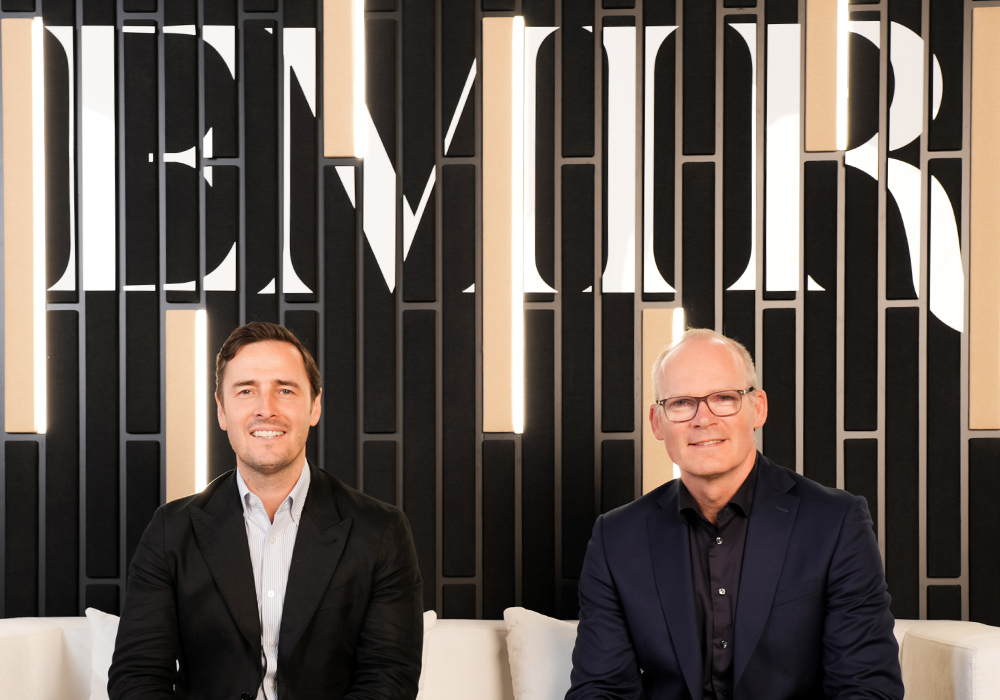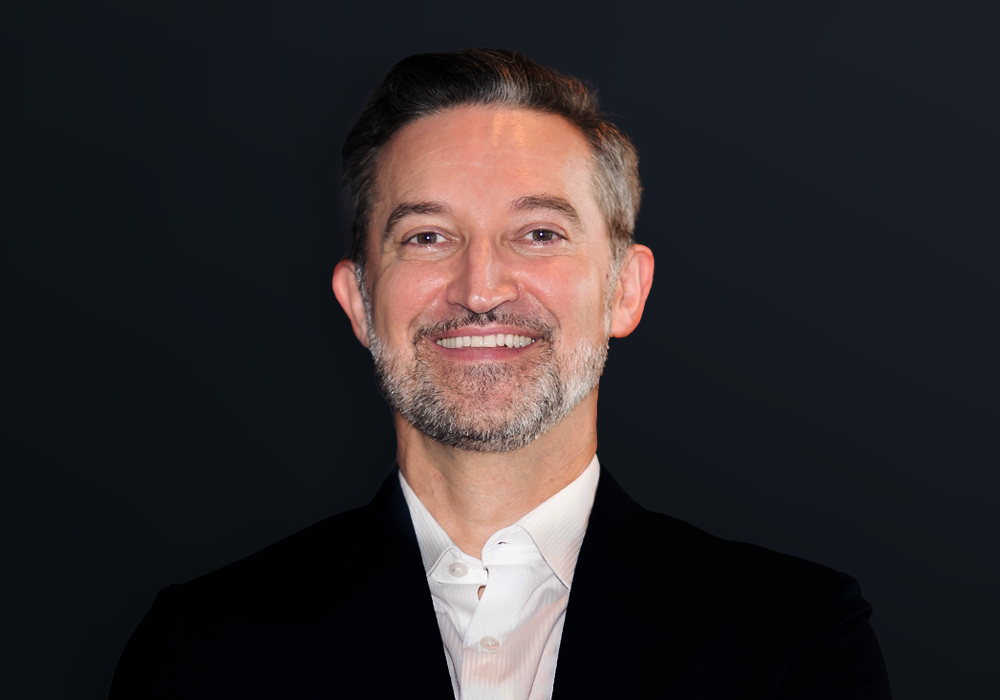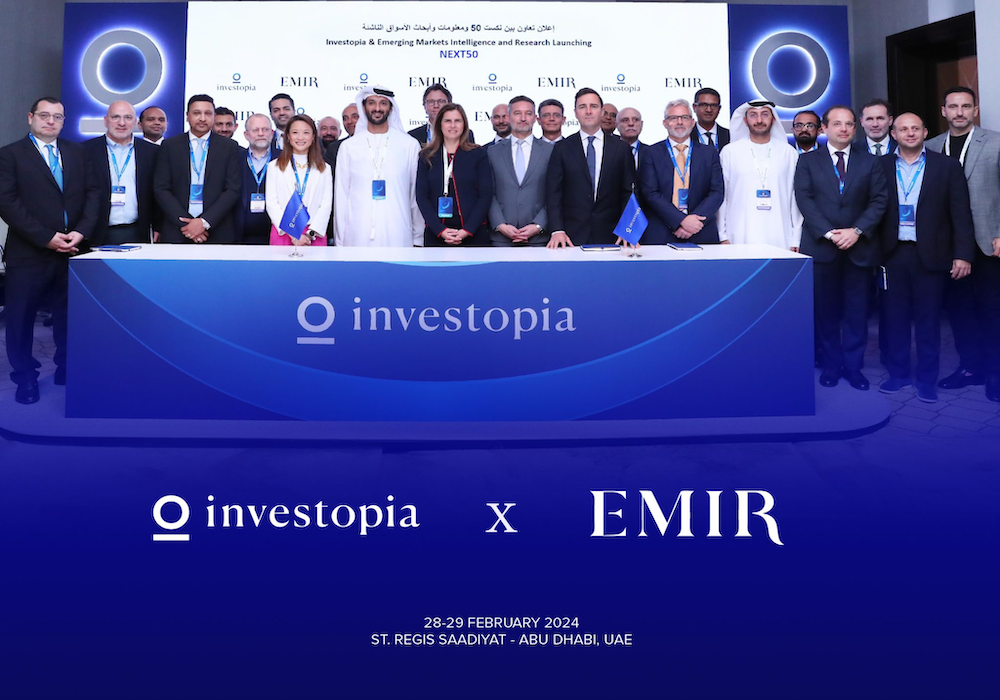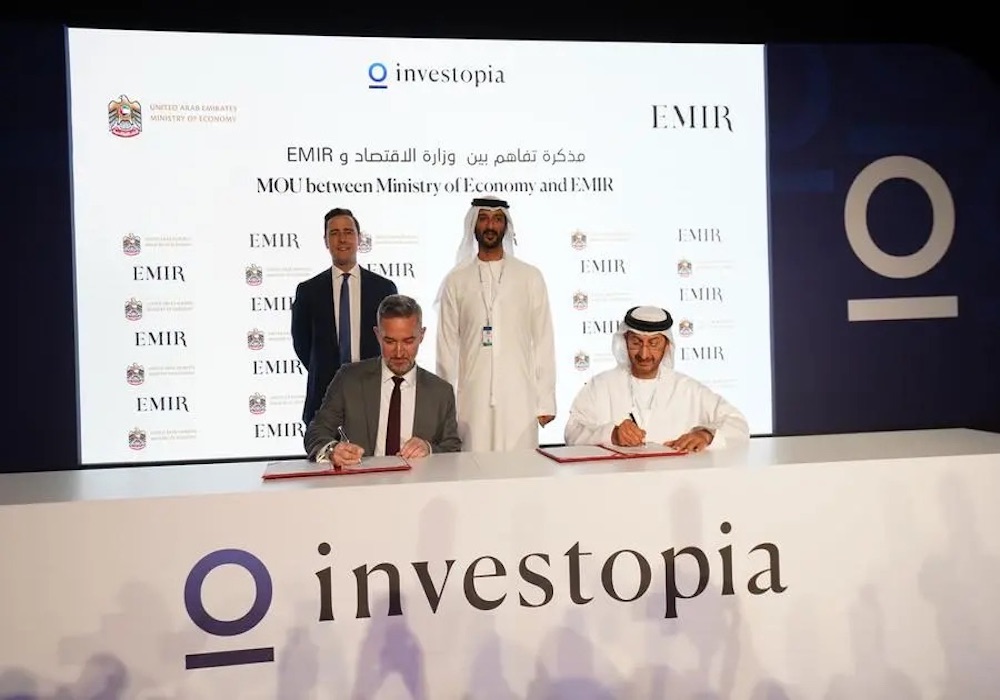
The Economic Imperative of Sustainability
The Economic Imperative of Sustainability
Words by Hanan Sakr, Managing Director & Partner – Sustainability, EMIR
In the face of escalating physical and transitional climate risks, adopting sustainability practices has become not just a choice but a business imperative. Companies navigating the net-zero economy facetransition challenges, yet early movers can accelerate value creation and outpace competitors. Estimates suggest the surging demand for low-carbon offerings could be $9 to $12 trillion by 2030,creating new green economies and business opportunities.
At COP28, the UAE delivered a historic consensus in Dubai to accelerate climate action laying out an ambitious response to the Global Stocktake,including mobilising over $85 billion for climate action and taking bold steps to deliver beyond the “Action Agenda” for the non-state actors, including the private sector. For the first time, the private sector was at the core of the COP process, stemming from the strong belief of the UAE and COP28 presidency in the private sector’s pivotalrole in accelerating action towards a Green, Inclusive, and Resilient Economy.
The UAE is spearheading the transition to a net-zero economy — the first country in the region to sign the Paris Agreement and proactively announcea third update to the NDC through emissions reductions of 40% by 2030 (23.5%-31%-40%).COP28 delivered the UAE consensus that remains the new point of reference to guide implementation going forward.
The Sustainability Leaders
Following the 2007–08 financial crisis,outperforming companies took various courses of action to create an earnings advantage, including proactively cutting costs and identifying areas of growth. When navigating the current uncertainty—with an eye toward net zero—I have some strong recommendations that combine areas of focus for sustainability business leaders.
Whilst limitations and challenges vary by country, sector, and firm size, these actions can be applied widely across industries and geographies, and they have proven successful by several organisations globally.
1 – Value creation with vision and ambition. The advantage of early movers in low-carbon offerings and the building out of production capacity before latecomers enter the market.
2 – Lowering COGS through integrating cost and carbon reductions— there is no trade-off nowadays between lowering cost and carbon. It has dual benefits by improving energy efficiency and shifting to lower-carbon raw materials and feedstocks. Everyone is experiencing high energy prices; energy efficiency and margin improvements are nothing new, but with the increasing energy prices and geopolitical tensions impacting energy security agendas, it’s more crucial than ever to consider them.
3 – Regulations Change. Increasing market share in competitive markets with strong consumer preferences towards low and zero–carbon product offerings. If we look at the Carbon Border Adjustment Mechanism (CBAM) in Europe that entered the transitional phase last October, which dictates a cap on the GHG emissions generated in a single imported product,this creates an opportunity of increasing market share to a compliant exporter and a risk of losing it to a non-compliant exporter. In addition, the European Commission announced in January 2024the phasing down of fluorinated gases and using environmentally friendly products instead.
4 – New Green Businesses. Our research concluded that there will be a demand for sustainable businesses and climate tech solutions of around $12 trillion per annum by 2030. Investors can turn to the existing and obvious ready techs as batteries for electrical vehicles, Agri–tech, energy efficiency solutions, renewables, and waste recycling.
5 – Access to capital finance. The financing system is integrating net-zero with new financing Commitments and finnovation solutions. It’s the financiers who lead the decarbonization pathway and not the engineers.
At COP28, we witnessed over $85 billion of new climate finance commitments from governments, multilateral development banks (MDB), the private sector and philanthropies. There will still be a $200 trillion funding gap by 2050 to keep the temperature well below 2c. Meanwhile, Carbon credits, insurance products, blended finance, debt swaps, and ESG bonds are on the rise. All efforts are aimed at crowding in private sector investments into climate–related opportunities.
The financing gap in the MENA region to achieve the UN SDGs is $230 billion annually. Financial institutions are increasing their sustainable finance commitments daily, which is a great opportunity for organisations to start their transition journey and access these pools.
As we strive toward a future where sustainability is at the forefront of economic development, we must recognise the importance of collaboration and partnership among all sectors of society. This includes government, the public and private sectors, academia, NGOs, international organisations, and individuals. Only by working together can we create a sustainable ecosystem that benefits everyone.
By aligning our efforts and resources towards a common goal, we can ensure that future generations have a planet that is not only habitable but thriving. It is only through collaboration and partnership that we can truly hit the nail on the head and pave the way for a sustainable future for all. Let us work together towards this shared vision of a better, more sustainable world.
-ENDs-
About the Author – Hanan Sakr, Managing Director & Partner – Sustainability, EMIR
With 23 years of expertise in sustainability, Hanan, Head of Private Sector Engagement at COP28 and B20 Brazil’s Finance & Infrastructure Task Force and former head of the HSBC Energy Transition Sector, advises clients on climate finance and sustainable solutions.
About EMIR
Emerging Markets Intelligence & Research (EMIR) is an exclusive boutique advisory and research firm established in Dubai, United Arab Emirates (UAE) in 2013. With an invite-only approach, an EMIR engagement can only begin at the highest levels – the Board, the CEO, and the minister.
Positioned upstream from the standard Request for Proposal (RFP) process, EMIR’s elite cadre of experts comprises former senior government officials, esteemed CEOs, globally renowned futurists, visionary economists, tech thought leaders, legal titans, security analysts and former MI6 agents. Its rarified expertise is sought out before the cookie-cutter consultants arrive, poised to orchestrate future shaping transformations.
Boardroom by EMIR is the Middle East’s most selective and influential intelligence network for CEOs, senior government officials, and other high achievers.
For further information on EMIR’s unique solutions, please visit www.emirintelligence.com
Media Contact
Justin Froes
+971 52 241 5397






